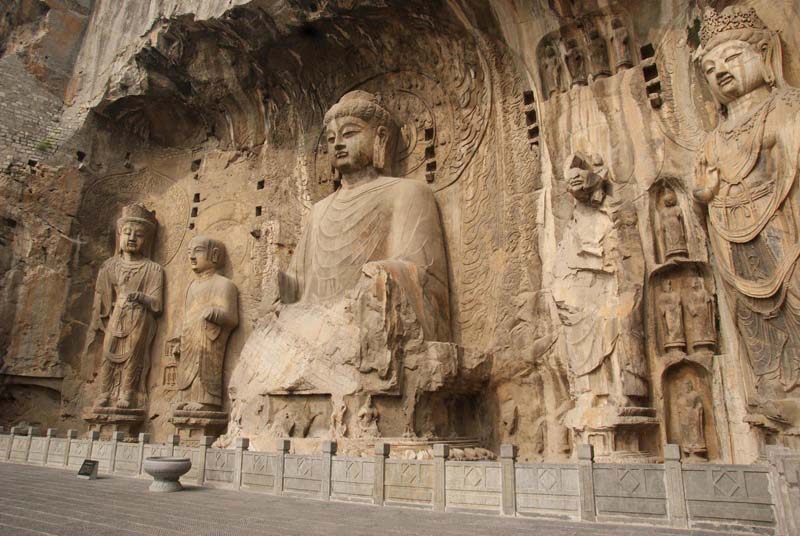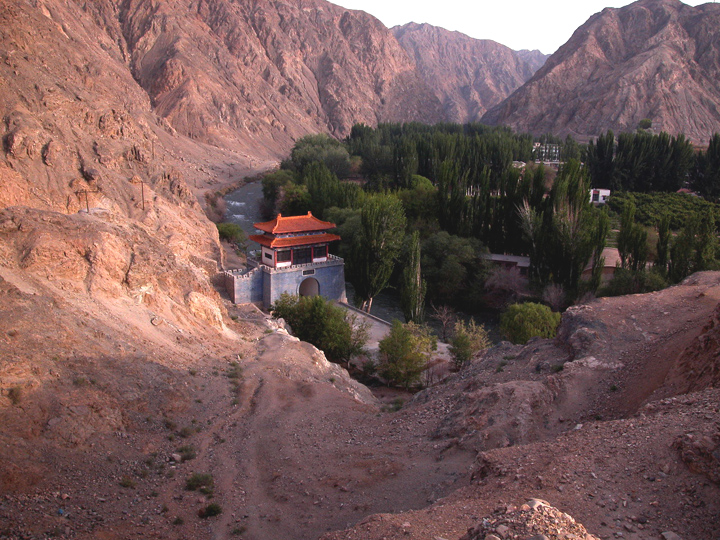The first review for GURPS Hot Spots: The Silk Road is up, and Blind Mapmaker is quite kind.
There's a passing mention of there not being a lot of jokes in this one, which is accurate. In addition to using my Very Serious Historian Indeed approach for this one, I had specific alternative plans for the pull quotes, which are a primary source of humor. The creation of some one-line spaces for pull quotes put a bit of a hole in things (no room for an attribution, so they emphasize a short line from the book itself), but basically all of the pull quotes are from primary sources. Most are from letters written by people living along the Silk Road, but there's one from a stuffy Roman moralist complaining about Chinese silk, and there are several from Journey to the West, which is about Silk Road travel, more or less. Oh, plus there's a bit from Kipling in the section about the Great Game which is from the book giving us that very expression, and one from Aurel Stein in the index, discussing sorting through the detritus of the Silk Road. That said, I am amused by the thought of Shayan casting epic shade on her husband in the quote on p. 35.
The review is also right that the art is rather sparse, which is too bad. There are a lot of impressive landscapes along the Silk Road. So here, for your dining and dancing pleasure, are some images of the Mogao cave shrine:
The Taklamakan:
Iron Gate Pass:
Some yardangs:
And the Pamirs:
Unfortunately, Yumenguan is a bit drab these days.
There's a passing mention of there not being a lot of jokes in this one, which is accurate. In addition to using my Very Serious Historian Indeed approach for this one, I had specific alternative plans for the pull quotes, which are a primary source of humor. The creation of some one-line spaces for pull quotes put a bit of a hole in things (no room for an attribution, so they emphasize a short line from the book itself), but basically all of the pull quotes are from primary sources. Most are from letters written by people living along the Silk Road, but there's one from a stuffy Roman moralist complaining about Chinese silk, and there are several from Journey to the West, which is about Silk Road travel, more or less. Oh, plus there's a bit from Kipling in the section about the Great Game which is from the book giving us that very expression, and one from Aurel Stein in the index, discussing sorting through the detritus of the Silk Road. That said, I am amused by the thought of Shayan casting epic shade on her husband in the quote on p. 35.
The review is also right that the art is rather sparse, which is too bad. There are a lot of impressive landscapes along the Silk Road. So here, for your dining and dancing pleasure, are some images of the Mogao cave shrine:
Iron Gate Pass:
Some yardangs:
And the Pamirs:
Unfortunately, Yumenguan is a bit drab these days.










Comments